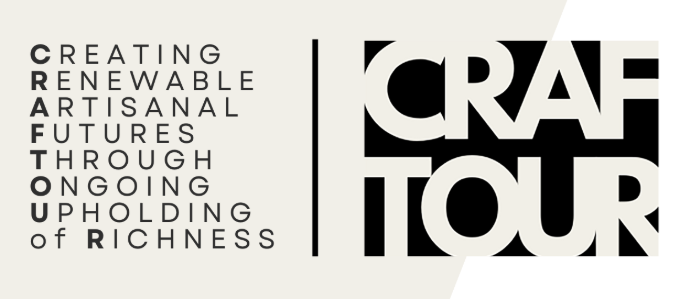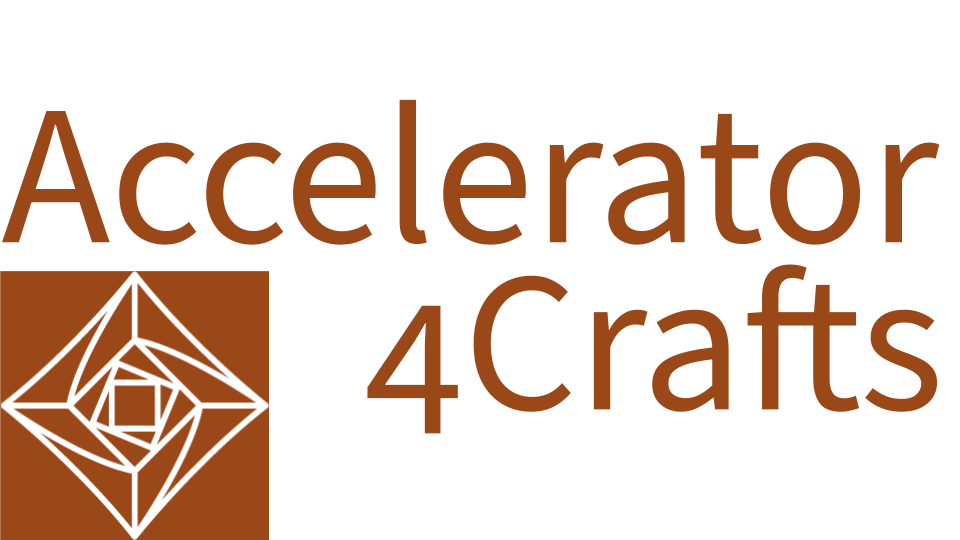THE PROJECT
Tracks4Crafts examines and transforms the
transmission of traditional crafts knowledge
(TCK) to enhance the societal and economic valuation of crafts and align them with a
future-oriented heritage approach in Europe
.

Preserve and boost traditional crafts' economic and societal value

Achieve an enhanced economic and societal valuation of crafts
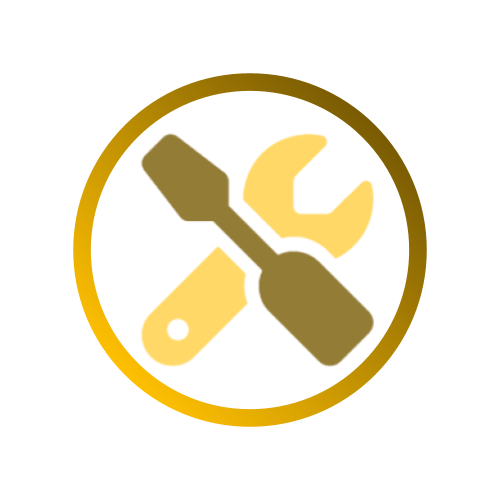
Combine old crafts techniques with cutting-edge technologies
LATEST UPDATES
PILOT CASES
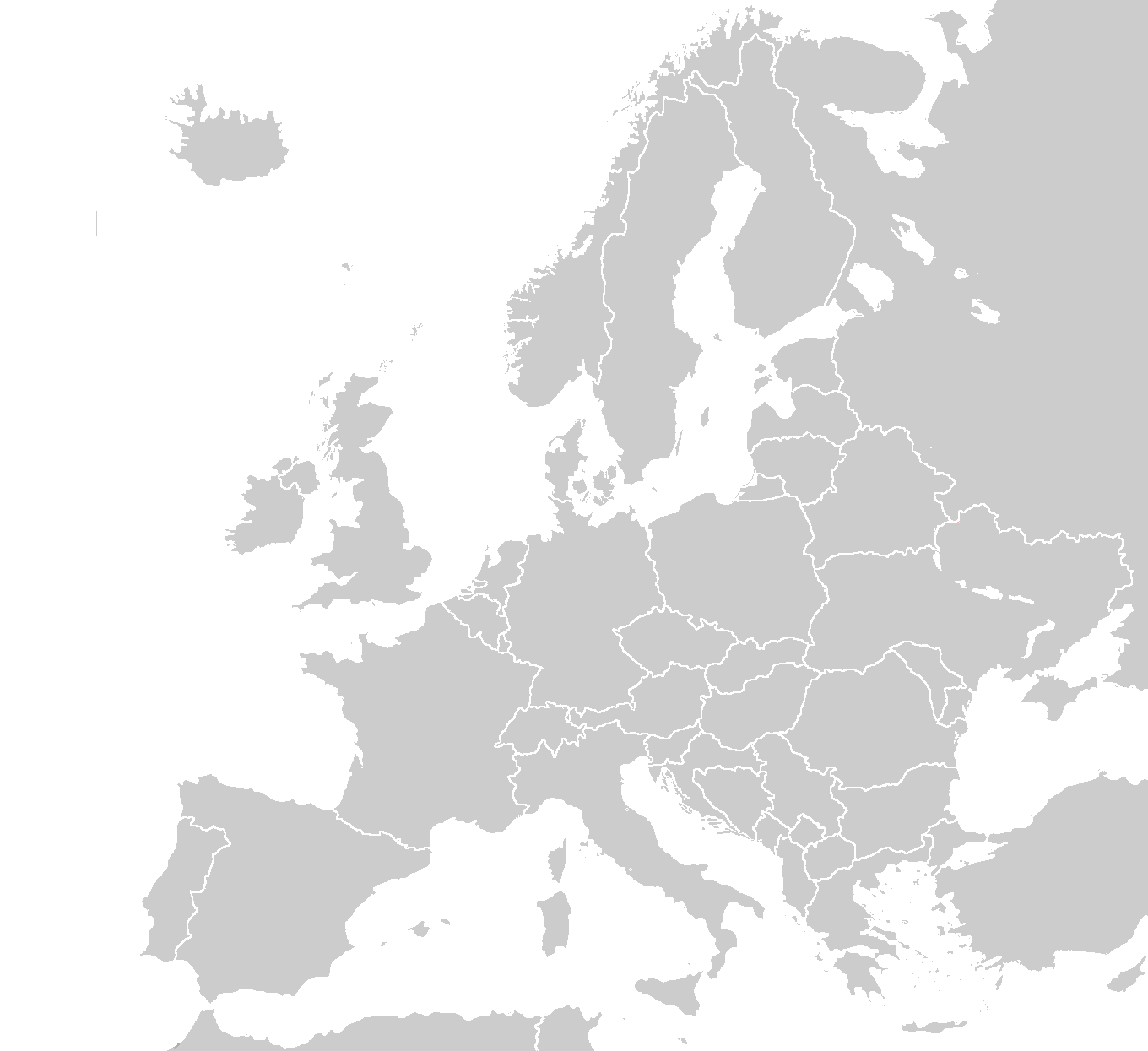
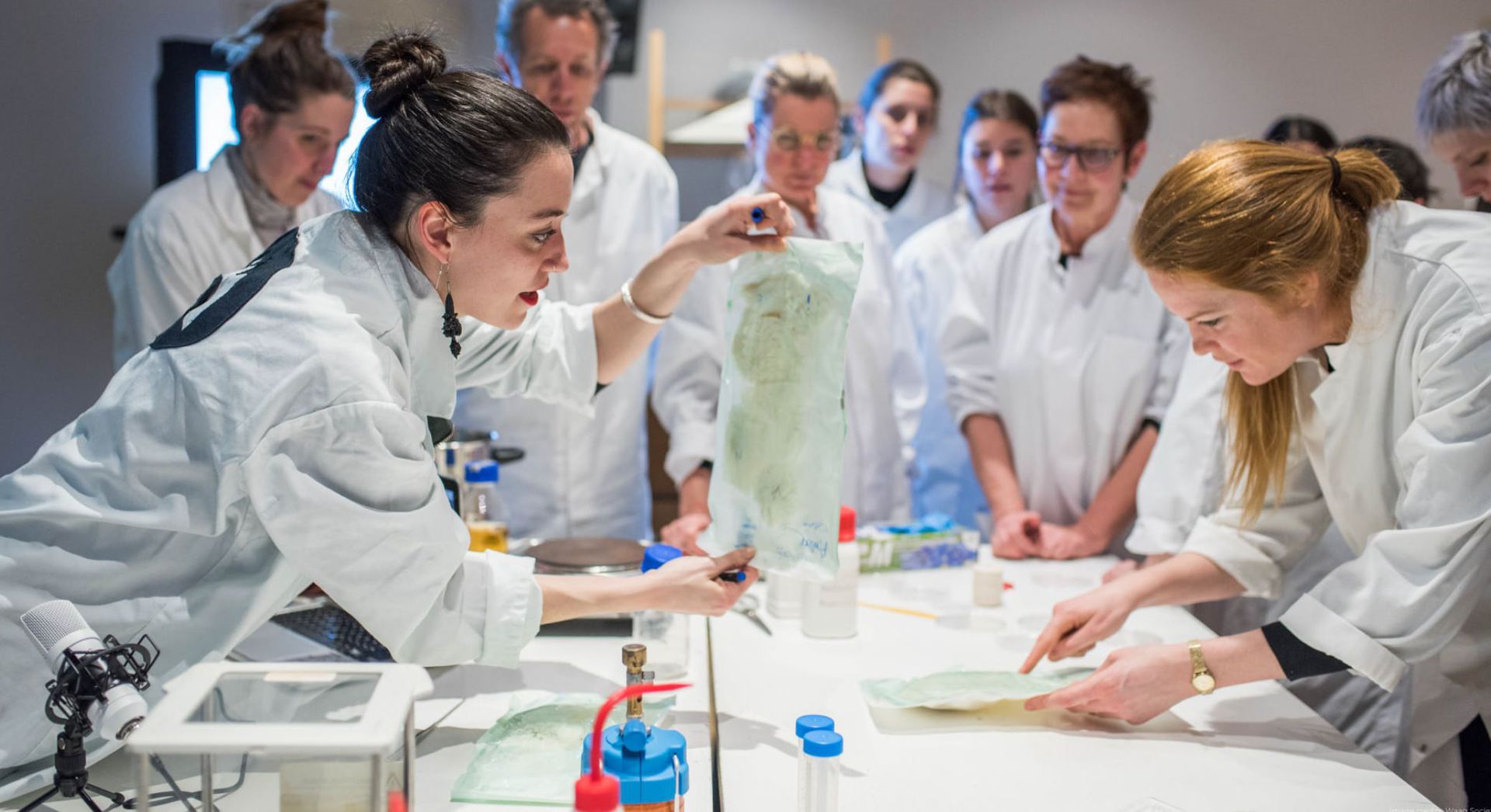
Waag FutureLab (The Netherlands)
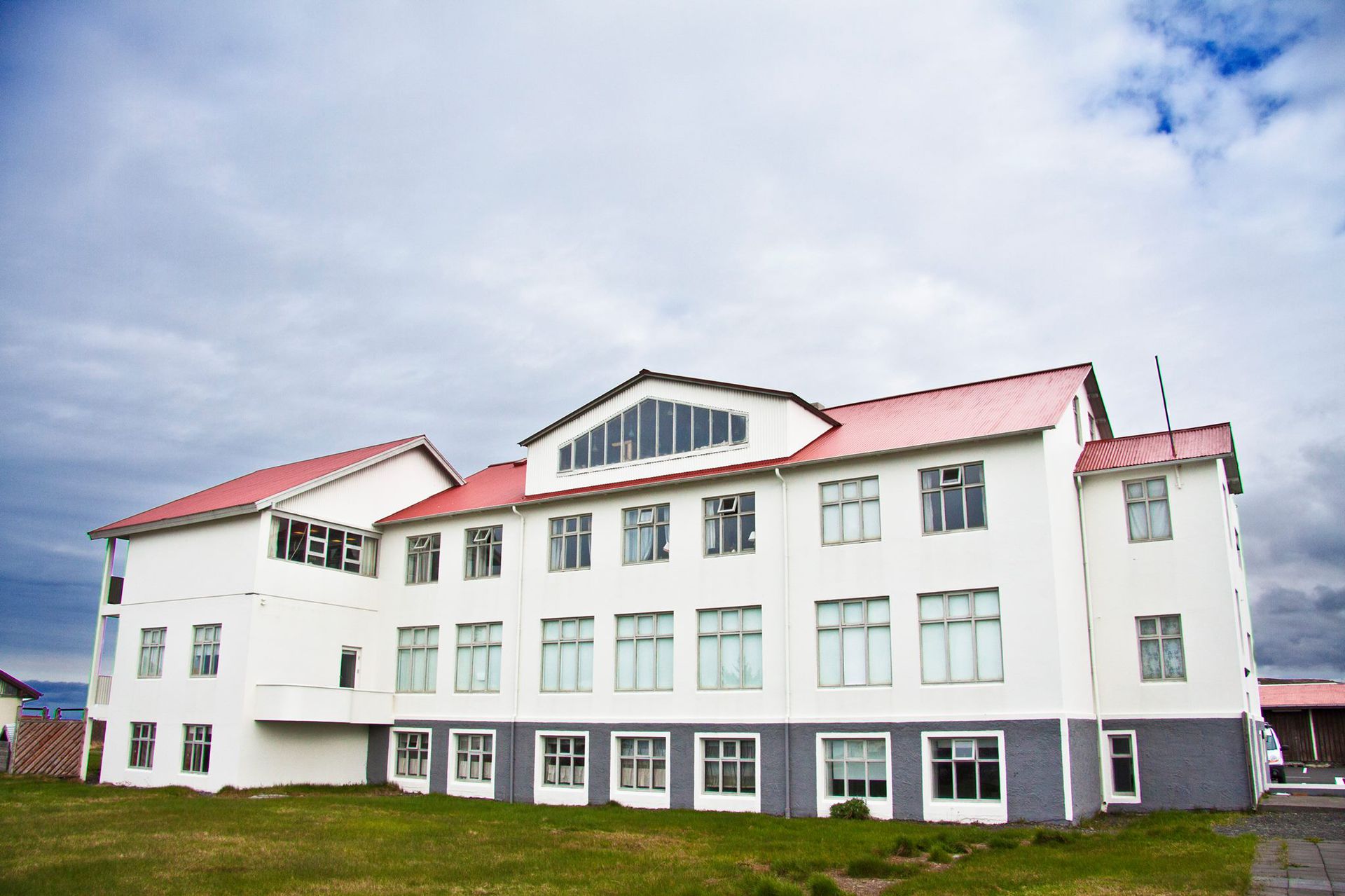
Icelandic Textile Center (Iceland)
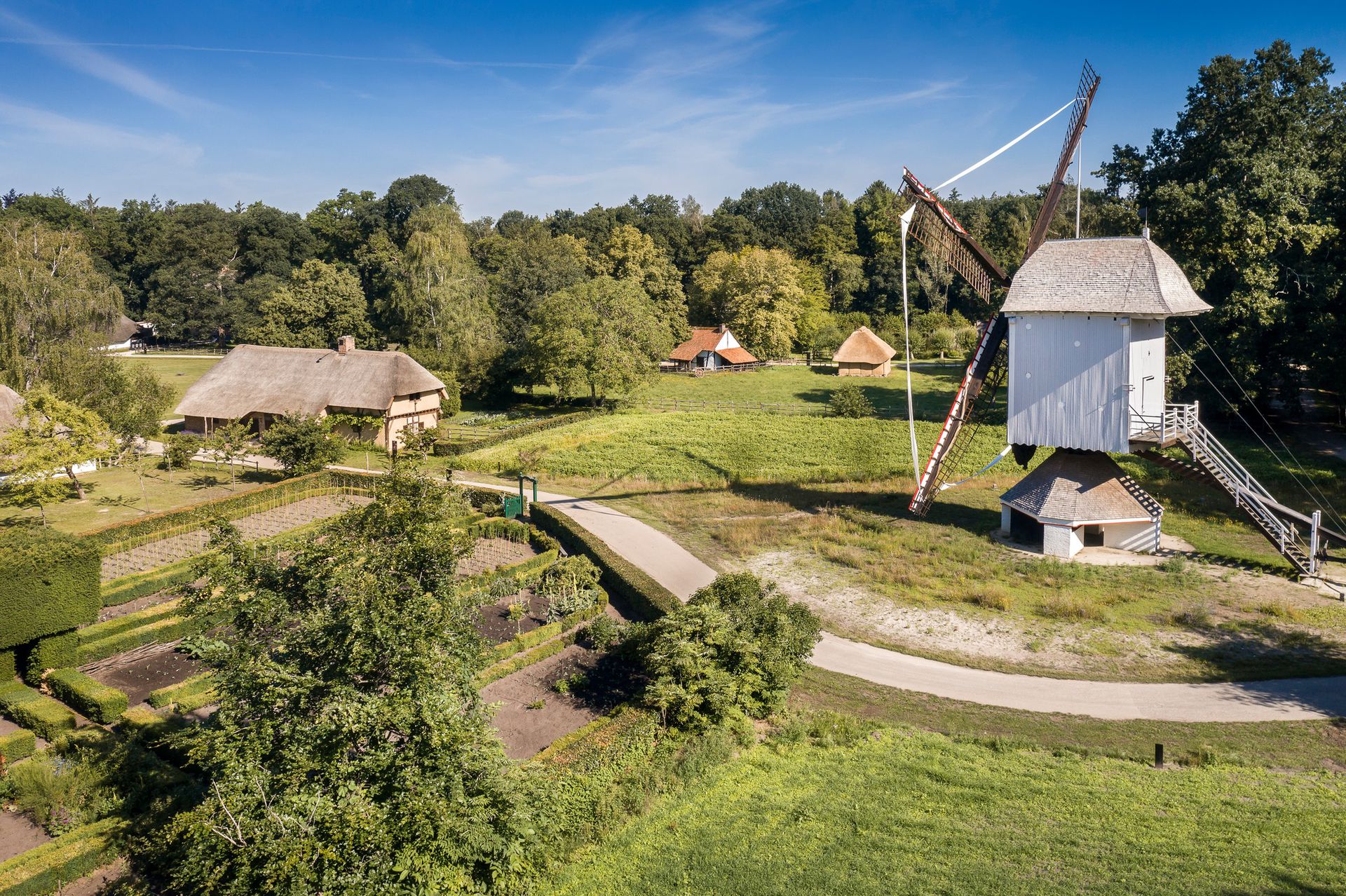
Bokrijk (Belgium)

Onl'fait (Switzerland)
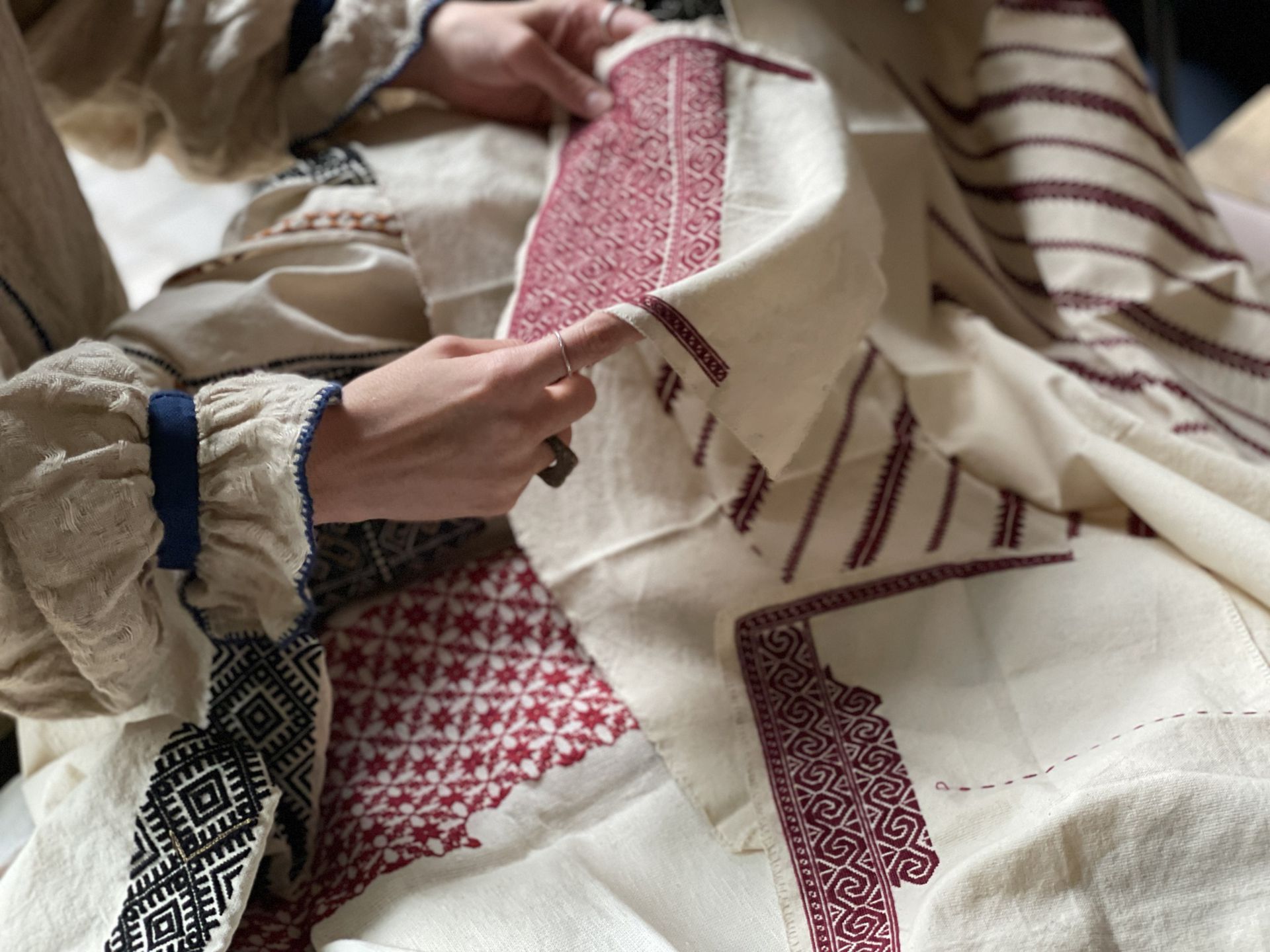
Semne Cusute (Romania)
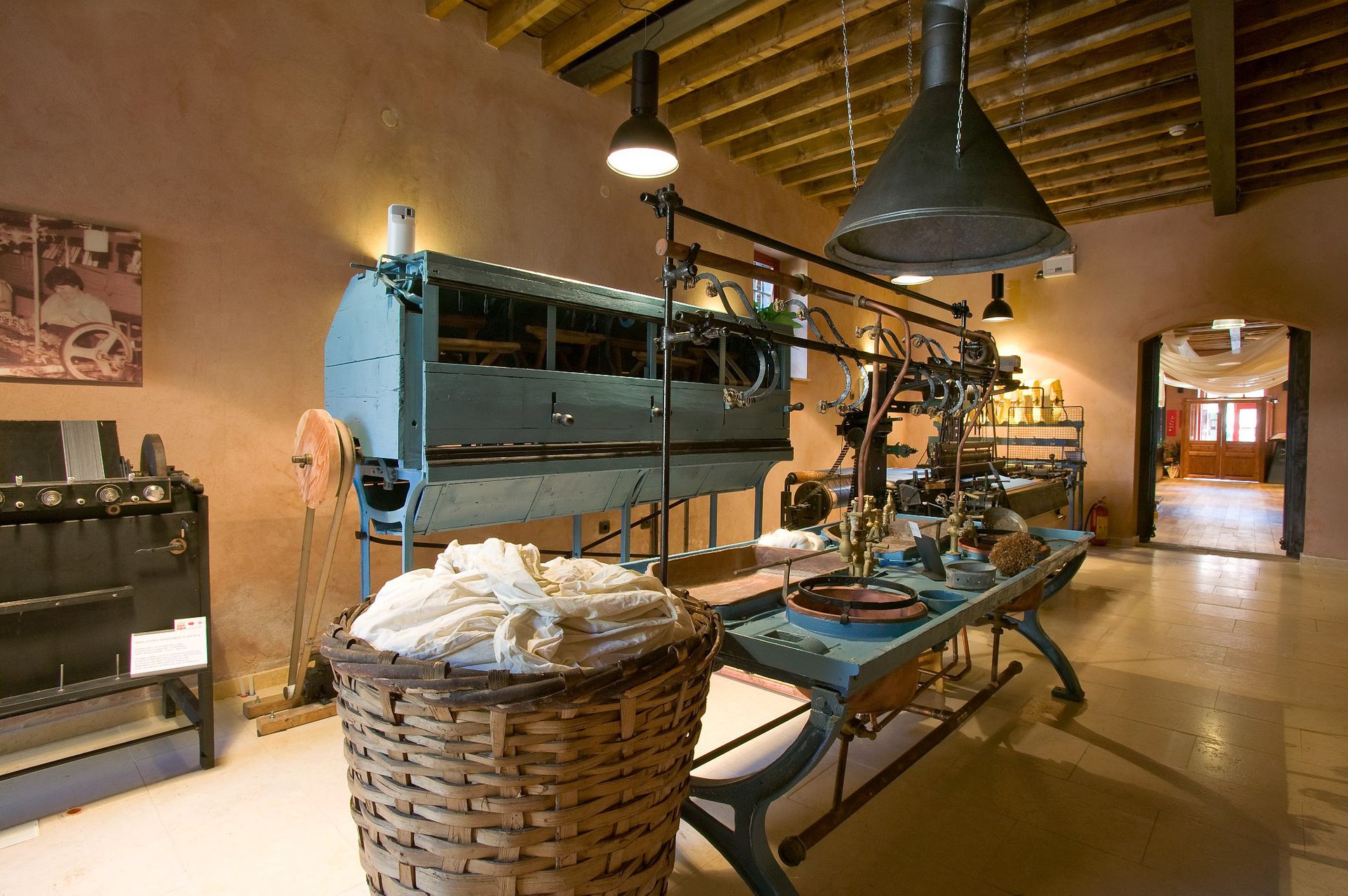
The Art of Silk Museum (Greece)

MX3D (The Netherlands)
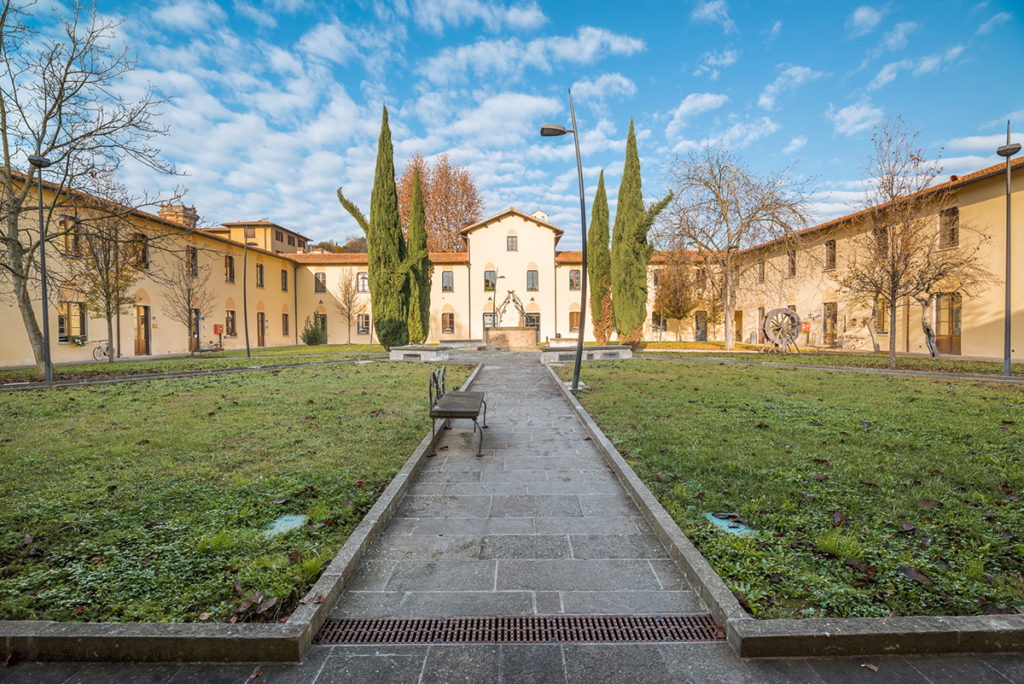
Artex (Italy)
The pilot cases are at the centre of Tracks4Crafts. As a ‘case’, they have been building expertise on or related to
traditional craftsmanship, but still see opportunities to further develop their practices.
Based in different
geographical settings across Europe, they will experiment with new tools and formats for learning, share good
practices, and learn from each other to enhance traditional crafts knowledge transmission
.
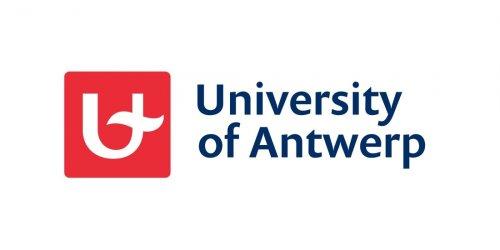


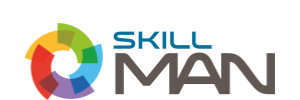


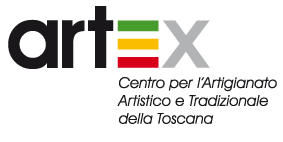

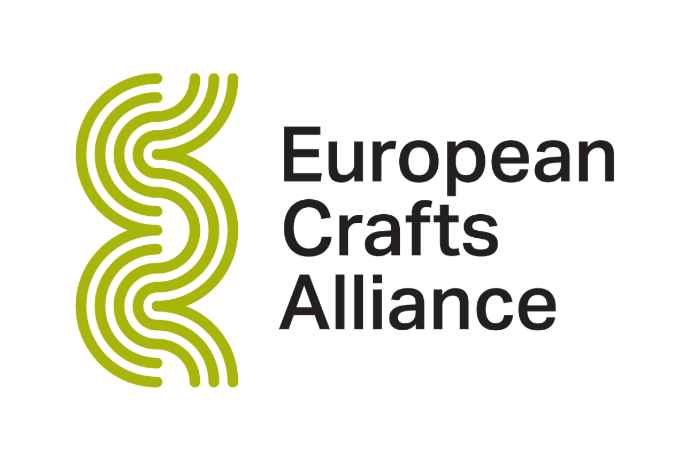
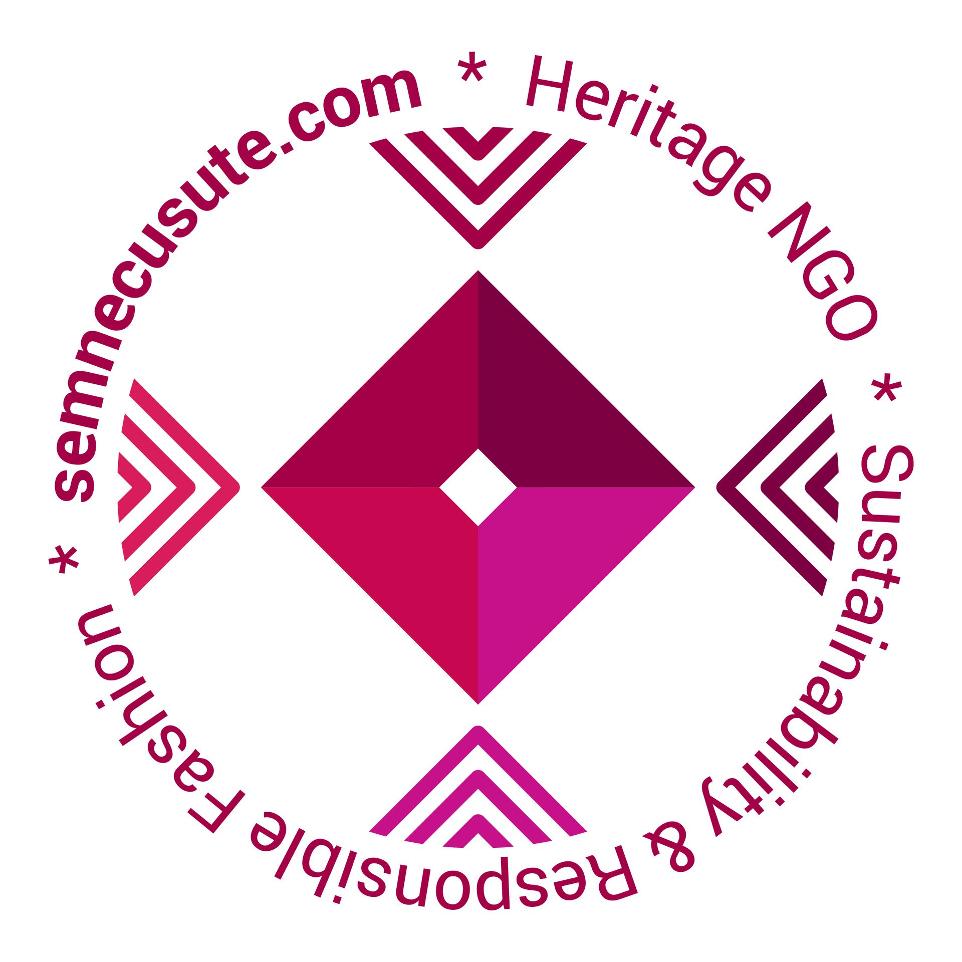

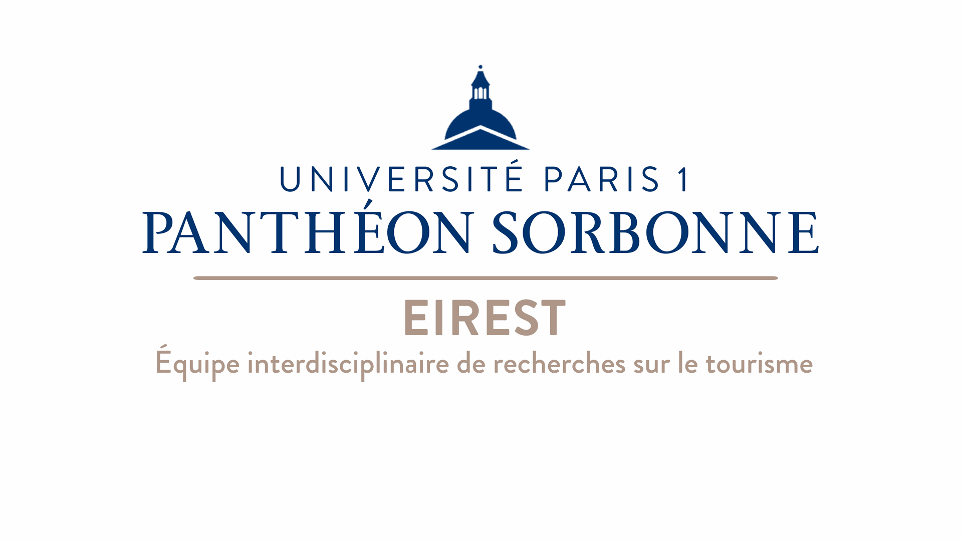
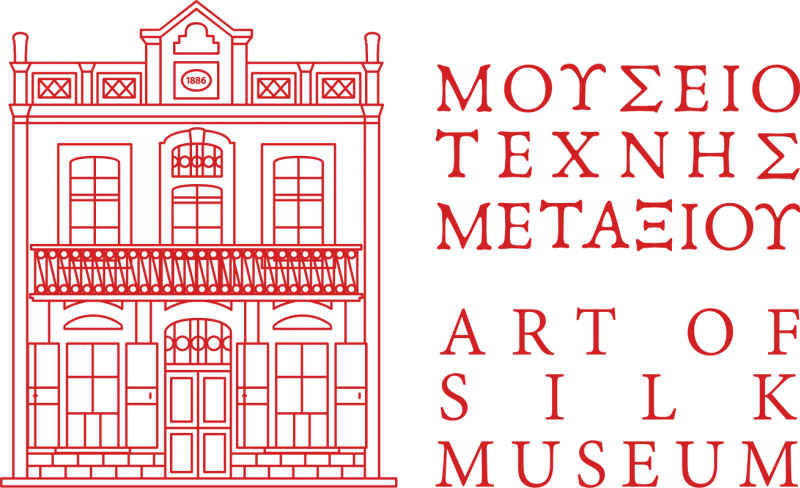


PARTNERSHIP
CRAFTOUR is an European initiative bringing together 75 partners and six major projects to safeguard, support, and modernise traditional craftsmanship through innovation, research, and community engagement. We partner with others to shape the future of European crafts through heritage, innovation, education, and sustainability.
